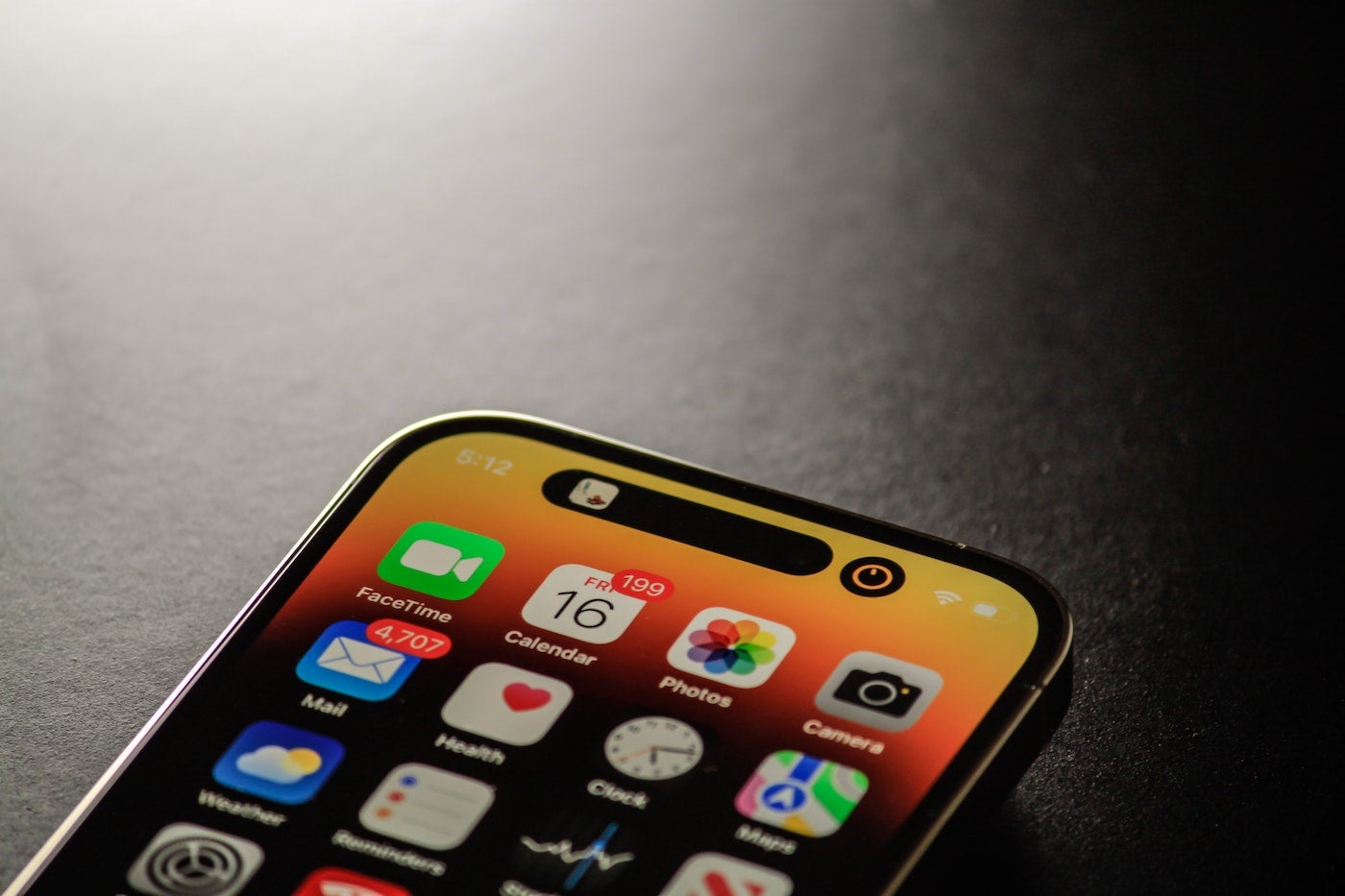As of Dec. 27, Apple has stopped selling the iPhone 14, iPhone 14 Plus, and third-generation iPhone SE in all E.U. member states, including France, Germany, Italy, and Spain. This decision follows regulations requiring electronic devices sold in these countries to feature USB-C charging ports, which these models lack.
The European “Common Charging” Directive 2022/2380, which establishes new rules for radio equipment sold in the E.U., took effect on Dec. 28. Amongst other things, it mandates that most gadgets — including phones, tablets, and cameras — charge via USB-C in a bid to reduce e-waste and address market fragmentation.
Beyond requiring USB-C ports, the directive mandates that devices supporting fast charging comply with the USB Power Delivery standard, enabling quicker charging speeds and up to 240W of power. Devices must also come with clear labelling that informs customers about the charging standards and capabilities.
Why is this directive needed?
A universal charging standard ensures one charger can work for multiple devices, reducing the need to own or purchase different cables. It also prevents manufacturers from bundling their specific chargers with their products and adding its associated cost to the price.
SEE: Apple Intelligence EU: Potential Mac Release Amid DMA Rules
Furthermore, standardising USB-C creates a level playing field for accessory makers by removing proprietary technologies like Apple’s Lightning Port, allowing them to design products compatible with all devices without restrictions or licensing fees.
The iPhone 14, iPhone 14 Plus, and iPhone SE — as well as the Magic Keyboard — all come with the Lightning Port that have now been removed from Apple’s online stores across most E.U. countries, as reported by MacRumors. The phase-out started around Dec. 20, after the devices were discontinued in Switzerland.
As the U.K. left the E.U. in 2020, the devices can still be purchased in England, Wales, and Scotland; however, the devices are not available in Northern Ireland, as it operates in the E.U.’s single market. These Apple devices are still available outside of Europe, such as in the U.S., India, and China.
Apple-authorized resellers in the E.U. will be able to continue selling the Lightning-enabled iPhones until they run out, according to French website iGeneration, which also broke news of the impending discontinuation on Dec. 13.
The tech giant initially claimed the E.U.’s regulation “stifles innovation” in a statement to Reuters in 2020; Apple eventually relented, adding USB-C ports to the iPhone 15 series in 2023. Europe accounts for more than a quarter of Apple’s total revenue, so the loss of its market would cost the company dearly.
SEE: Apple Must Pay Back €13 Billion in Unpaid Taxes to Ireland, E.U. Court Rules
Does the new regulation affect customers who already own these models?
The new law does not impact customers who currently own these devices; however, it prevents manufacturers from selling non-USB-C enabled handsets in the bloc, even if they were on the market before Dec. 28. All iPads and AirPods sold by Apple are already USB-C only.
While the directive does mean the cheapest iPhones are no longer available in the E.U., Apple’s standard product timeline would have likely seen the iPhone 14 series being discontinued in September 2025 had it not come into force when it did. Indeed, a fourth-generation iPhone SE with USB-C connectivity has been slated for release in early 2025.




